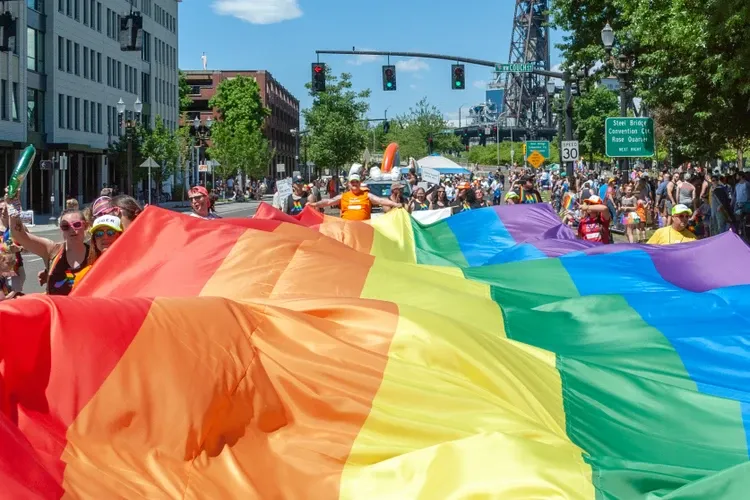As many as 28% of adults in Generation Z consider themselves to have an LGBTQ identity, according to a survey from the Public Religion Research Institute.
The adults in Generation Z, who are between eighteen and twenty-five years old, are far more likely than other cohorts to call themselves LGBTQ: some 16% of Millennials, 7% of Generation X, and 4% of both Baby Boomers and Silent Generation members said the same.
“Members of Generation Z are coming into their own politically, socially, and culturally, bringing their values and viewpoints to their communities and workplaces, and to our nation’s political system,” the executive summary of the survey noted. “In addition to being the most racially and ethnically diverse generation in our nation’s history, Gen Z adults also identify as LGBTQ at much higher rates than older Americans. Like Millennials, Gen Zers are also less likely than older generations to affiliate with an established religion.”
Roughly 15% of Generation Z identified themselves as “bisexual,” while 5% said they are “gay or lesbian” and another 8% said they are “something else.” The survey did not ask Generation Z teenagers about their sexual preferences, but a report from the Centers for Disease Control and Prevention found that more than 24% consider themselves an identity other than “heterosexual.”
The elevated levels of young people who profess alignment with some form of LGBTQ identity correspond to a decrease in young people who consider themselves religious. Some 54% of Generation Z call themselves either “white Christians” or “Christians of color,” a similar level of adherence to Christianity as Millennials but significantly lower than the 76% of Baby Boomers and 79% of Silent Generation members who call themselves Christians.
“Gen Z adults are notably less likely to identify as white Christians and more likely to identify as religiously unaffiliated than older generations, with the exception of millennials,” the survey said.




